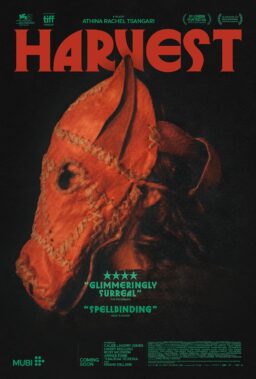From Gerardo Valero in Mexico City
Regarding your review of “For Greater Glory“:
The Cristero conflict was mostly swept under the rug and is hardly ever mentioned, (even here in Mexico) but it is a fact. Just to give you an idea how things were in those days, my maternal grandparents were married privately by a priest in a home (had they resorted to a church, they’d have been in serious trouble). Even while my parents grew-up in the 1930-40s, the teaching of religion at schools was prohibited and until recently, priests and nuns were forbidden to wear their garments in public.
Why make the film from a Catholic point of view? Because President Calles’ war aimed against the Catholic Church and (basically) no representatives of other religions were deported or attacked. You have to remember that in those days Catholicism represented the religion of an extremely high percentage of Mexicans (high nineties).
I did have some quibbles with the movie, specially how little reaction the boy’s mother shows while he is being murdered and how Ruben Blades looks absolutely nothing like Calles (who never wore a goatee) . I also had a hard time listening to these people talking in English while slipping the occasional words in Spanish that Hollywood movies usually love to include (Señor, Señora, Federales, Presidente, and the like) but I understand this had to be done for commercial reasons.
And by the way, a few years ago the Knights of Columbus (from the US) asked my mother-in-law to make a portrait of their members who were murdered during the period and later became saints. Thought I’d share it with you.
Above: “Martires de los Caballeros de Colón.” Painting by Martha Orozco in the Museo de los Caballeros de Colón,
New Haven, CT.











